 Technology peripherals
Technology peripherals
 AI
AI
 Does AI also have amnesia? Exclusive interview with a 41-year-old British professor: Solving catastrophic forgetting
Does AI also have amnesia? Exclusive interview with a 41-year-old British professor: Solving catastrophic forgetting
Does AI also have amnesia? Exclusive interview with a 41-year-old British professor: Solving catastrophic forgetting
How to achieve continuous learning and make AI continuous?
Recently, Christopher Kanan, a 41-year-old computer scientist from the University of Rochester, said in an exclusive interview that he is building an algorithm that allows AI to continuously learn over time - just like us Same as humans.
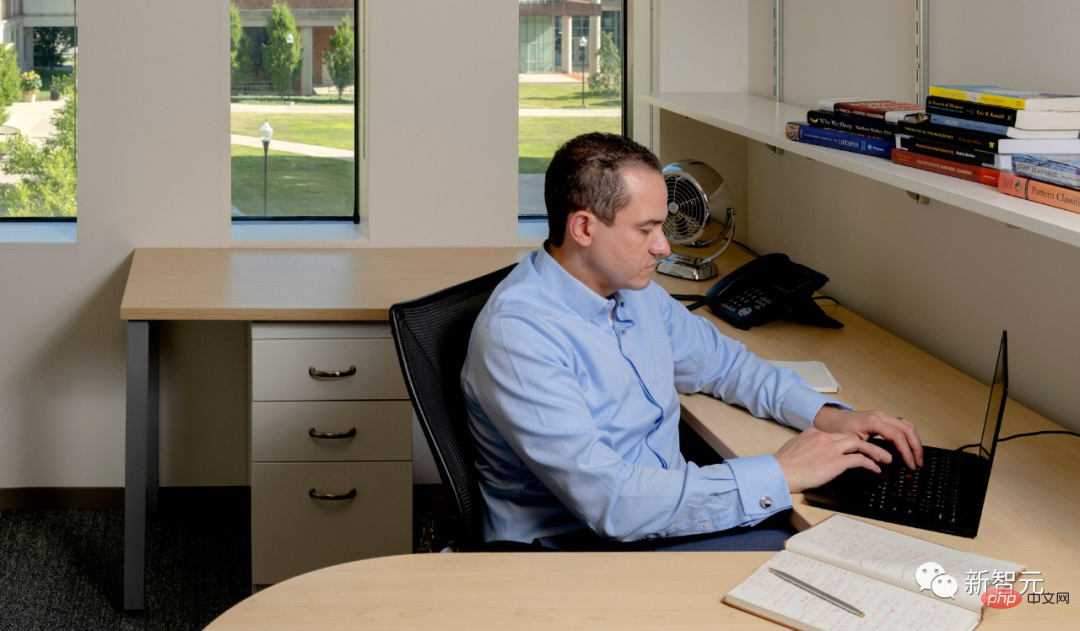
Catastrophic Forgetting
As we all know, AI can complete the "exam" very well after being trained tasks within the scope, but these algorithms cannot continuously update the knowledge base with new information like humans can.
In order to learn even one new thing, the algorithm must be trained from scratch, at the cost of forgetting almost everything it has learned before. The problem this brings is - "Catastrophic Forgetting". Just like when you meet a new friend, the only way you can learn her name is to reboot your brain.
The reason why this happens is due to the way neural networks learn new things. The learning of these algorithms requires changing the strength of the connections between neurons. However, this also represents past knowledge, so changing the connections too much will lead to forgetting.
Biological neural networks have evolved strategies over hundreds of millions of years to ensure that important information remains stable. But today's artificial neural networks struggle to strike a good balance between old and new knowledge. As networks see new data, their connections can easily be overwritten, which can lead to a sudden and severe inability to recognize past information.
1. How has your study of philosophy impacted the way you think about research?
What philosophy teaches you is, "How to put forward reasonable arguments" and "How to analyze other people's arguments?"
My laboratory was inspired by this question: If we can't do X, how can we do Y?
We will learn over time, but the neural network will not. Its amount of knowledge is fixed. So if humans want to create general artificial intelligence in the future, this is a basic problem that must be solved.
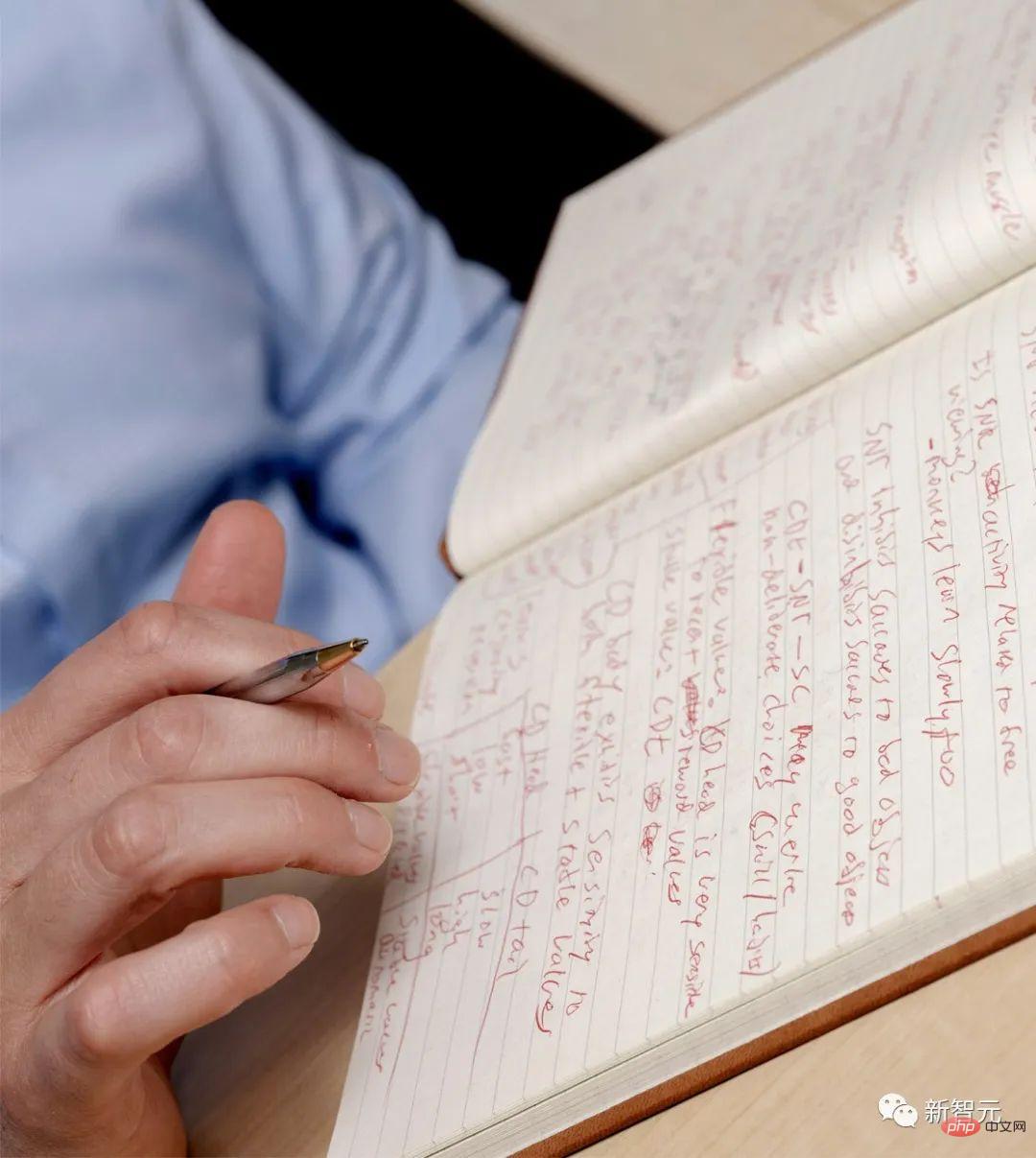
Kanan’s research notes
2. What is the current progress in solving catastrophic forgetting in academia?
The most successful method at present is called replay, which can store past knowledge and then replay it with a new data set during the training process, so that the original information will not lost.
This method is inspired by the memory consolidation process (Memory Consolidation) in our brains. During sleep, the content of a day's learning is re-encoded and replayed as neurons activate.

#In other words, new learning cannot completely eradicate the algorithm’s past knowledge.
There are three ways to achieve this.
- The most common approach is "real replay," in which researchers store subsets of the original input—for example, raw images for an object recognition task—and then combine these stored past images with learned of new image blends.
- The second method is to replay a compressed representation of the image.
- The third, less common method is "Generate Replay".
Here, the artificial neural network actually generates synthetic versions of past experiences and then mixes that synthetic example with new examples. My lab focuses on the latter two approaches.
3. If we can completely solve catastrophic forgetting, does this mean that artificial intelligence can continue to learn new things over time?
not completely. I think the open problem in the field of continuous learning is not catastrophic forgetting.
What I am really interested in is:
How can past learning make future learning more efficient? How does future learning correct past learning? These are things that very few people measure, and I think doing so is a key part of moving the field forward, because really, it's not just about forgetting something, it's about becoming a better learner.
Christopher Kanan said:
There is definitely a lot more going on in our heads than modern neural networks. We need to set up the right experimental and algorithmic setups to measure whether past learning helps future learning. And the biggest problem right now is that we don't have good data sets to study continuous learning, we are basically taking existing data sets used in traditional machine learning and developing them from the ground up.
Generally speaking, the normal operation of machine learning is that we have a training set and a test set - we train on the training set and test on the test set.
But continuous learning breaks these rules. It allows the training set to develop as the trainer learns, so we need a very good continuous learning environment.
4. What should the ideal continuous learning environment look like?
It’s easier to tell you what it isn’t than what it is.
I can tell you the properties it may have. So for now, let's assume that the AI algorithm is not embodied intelligence in the simulation. And then at least, ideally, we're learning from video, or something like that, like a multi-modal video stream, and want to do more than just classify static images.
There are many open questions about this. I was at a continuous learning workshop a few years ago, and some people like me said, "We have to stop using a dataset called MNIST, it's too simple." And then someone said, "Well, then we're going to Incremental learning in StarCraft."
I'm doing this now for various reasons, but I don't think it's enough to really solve the problem. After all, there's a lot more to life than learning to play StarCraft.
5. How does your lab try to design algorithms that learn over time?
My former student Tyler Hayes and I pioneered a continuous learning study on analogical reasoning. This article was also published in CVPR 2021.

Paper link: https://openaccess.thecvf.com/content/CVPR2021W/CLVision/html/Hayes_Selective_Replay_Enhances_Learning_in_Online_Continual_Analogical_Reasoning_CVPRW_2021_paper.html
We think this will be A good area to study the idea of transfer learning, as we now need to use more sophisticated skills to solve more complex problems.
Specifically, we measured data on backward transfer, that is, how much something learned in the past will help you in the future, and vice versa.
We found good evidence of transfer, much more important than simple tasks like object recognition.
6. Do you think artificial intelligence can really learn like humans?
I think they will. There are many extremely talented people working toward this goal in this field.
But what we need is creativity. Many studies in the machine learning community are based on previous research and make some small improvements, and there are not many truly transformative studies.
But this day will definitely come, it’s just a matter of time.
Christopher Kanan
Christopher Kanan is a tenured associate professor of computer science at the University of Rochester. The main work direction is basic research on deep learning, including continuous learning, bias in artificial intelligence, medical computer vision, and language-guided scene understanding.
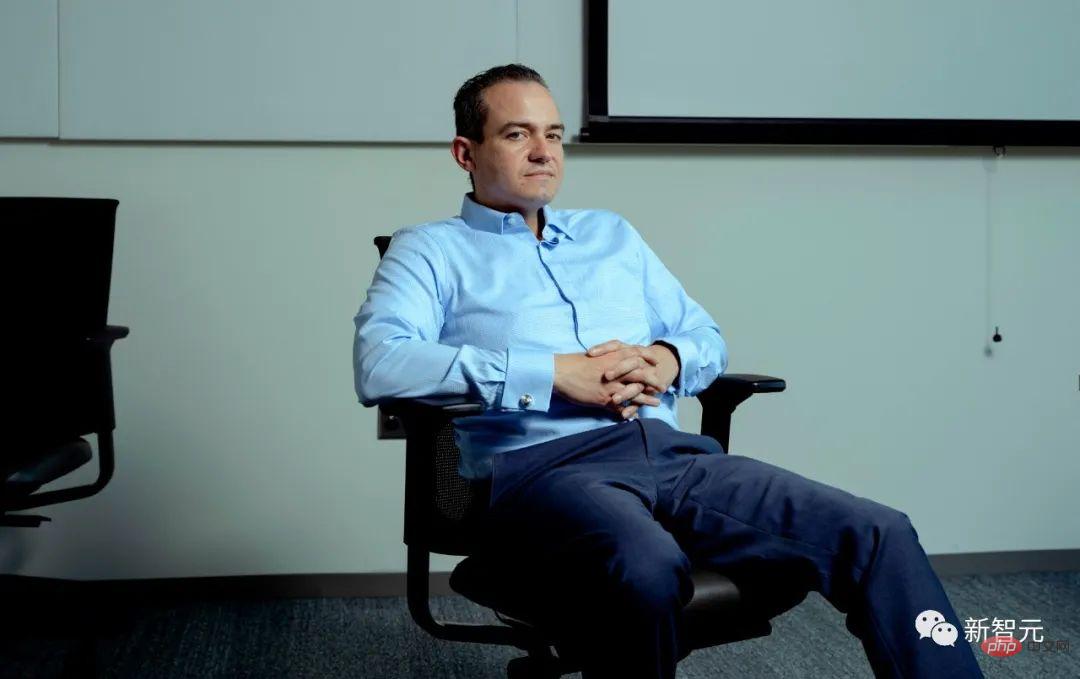
Kanan has worked in online continuous learning, visual question answering, computational pathology, semantic segmentation, object recognition, object detection, active vision, object tracking, etc. In addition to machine learning, he has a strong background in eye tracking, primate vision, and theoretical neuroscience.
Prior to this, he was a tenured associate professor at the Carlson Center for Imaging Sciences at the Rochester Institute of Technology (RIT). During his tenure, he co-founded the Center for Human Conscious Artificial Intelligence (CHAI) with his colleagues and served as deputy director for four years. In addition, Kanan was a visiting associate professor at Cornell University of Technology, teaching deep learning courses to about 100 graduate students each year for 4 years.
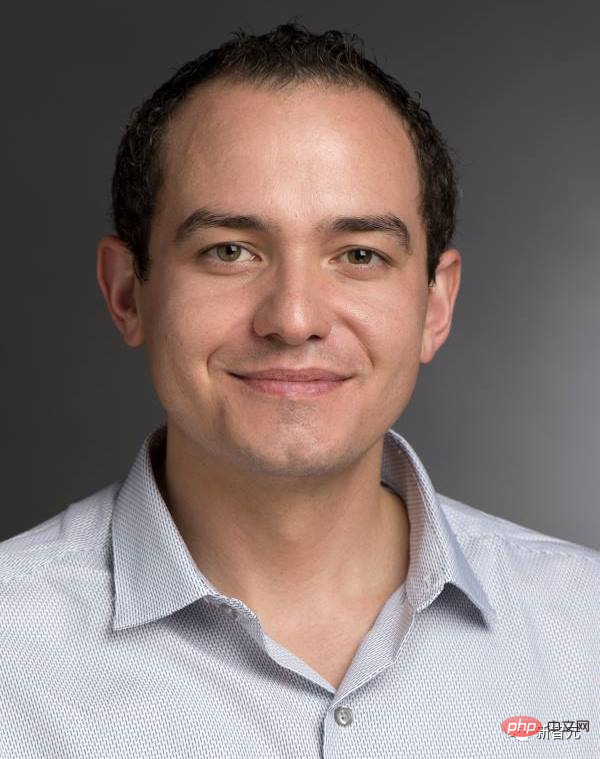
Christopher Kanan grew up in a small town in rural Oklahoma.
In 1996, he began to explore artificial intelligence. Kanan, who was still in high school, built many "bots" to play online multiplayer computer games.
In 2002, Kanan was admitted to Oklahoma State University (OSU), majoring in philosophy and computer science, and received his bachelor's degree in 2004.
In 2006, he received his master's degree in computer science from the University of Southern California (USC), focusing on artificial intelligence and neuroscience, working with Michael Arbib, a pioneer in computational neuroscience and neural networks. In 2013, he received his PhD in computer science from the University of California, San Diego (UCSD). After graduation, Kanan went to the California Institute of Technology to engage in postdoctoral research.
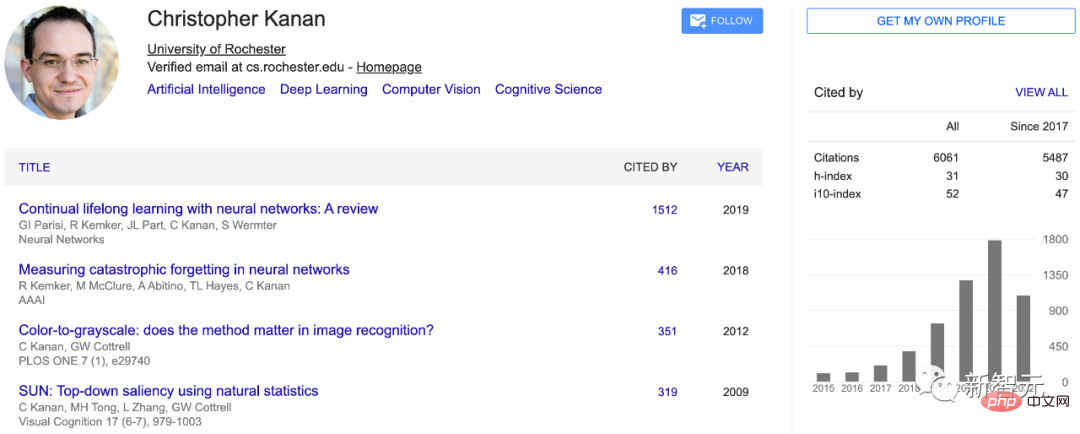
Reference: https://www.quantamagazine.org/the-computer-scientist-trying-to-teach-ai-to-learn-like-we- do-20220802/
The above is the detailed content of Does AI also have amnesia? Exclusive interview with a 41-year-old British professor: Solving catastrophic forgetting. For more information, please follow other related articles on the PHP Chinese website!

Hot AI Tools

Undresser.AI Undress
AI-powered app for creating realistic nude photos

AI Clothes Remover
Online AI tool for removing clothes from photos.

Undress AI Tool
Undress images for free

Clothoff.io
AI clothes remover

Video Face Swap
Swap faces in any video effortlessly with our completely free AI face swap tool!

Hot Article

Hot Tools

Notepad++7.3.1
Easy-to-use and free code editor

SublimeText3 Chinese version
Chinese version, very easy to use

Zend Studio 13.0.1
Powerful PHP integrated development environment

Dreamweaver CS6
Visual web development tools

SublimeText3 Mac version
God-level code editing software (SublimeText3)

Hot Topics
 1386
1386
 52
52
 How to define header files for vscode
Apr 15, 2025 pm 09:09 PM
How to define header files for vscode
Apr 15, 2025 pm 09:09 PM
How to define header files using Visual Studio Code? Create a header file and declare symbols in the header file using the .h or .hpp suffix name (such as classes, functions, variables) Compile the program using the #include directive to include the header file in the source file. The header file will be included and the declared symbols are available.
 Do you use c in visual studio code
Apr 15, 2025 pm 08:03 PM
Do you use c in visual studio code
Apr 15, 2025 pm 08:03 PM
Writing C in VS Code is not only feasible, but also efficient and elegant. The key is to install the excellent C/C extension, which provides functions such as code completion, syntax highlighting, and debugging. VS Code's debugging capabilities help you quickly locate bugs, while printf output is an old-fashioned but effective debugging method. In addition, when dynamic memory allocation, the return value should be checked and memory freed to prevent memory leaks, and debugging these issues is convenient in VS Code. Although VS Code cannot directly help with performance optimization, it provides a good development environment for easy analysis of code performance. Good programming habits, readability and maintainability are also crucial. Anyway, VS Code is
 Can vscode run kotlin
Apr 15, 2025 pm 06:57 PM
Can vscode run kotlin
Apr 15, 2025 pm 06:57 PM
Running Kotlin in VS Code requires the following environment configuration: Java Development Kit (JDK) and Kotlin compiler Kotlin-related plugins (such as Kotlin Language and Kotlin Extension for VS Code) create Kotlin files and run code for testing to ensure successful environment configuration
 Which one is better, vscode or visual studio
Apr 15, 2025 pm 08:36 PM
Which one is better, vscode or visual studio
Apr 15, 2025 pm 08:36 PM
Depending on the specific needs and project size, choose the most suitable IDE: large projects (especially C#, C) and complex debugging: Visual Studio, which provides powerful debugging capabilities and perfect support for large projects. Small projects, rapid prototyping, low configuration machines: VS Code, lightweight, fast startup speed, low resource utilization, and extremely high scalability. Ultimately, by trying and experiencing VS Code and Visual Studio, you can find the best solution for you. You can even consider using both for the best results.
 Can vscode be used for java
Apr 15, 2025 pm 08:33 PM
Can vscode be used for java
Apr 15, 2025 pm 08:33 PM
VS Code is absolutely competent for Java development, and its powerful expansion ecosystem provides comprehensive Java development capabilities, including code completion, debugging, version control and building tool integration. In addition, VS Code's lightweight, flexibility and cross-platformity make it better than bloated IDEs. After installing JDK and configuring JAVA_HOME, you can experience VS Code's Java development capabilities by installing "Java Extension Pack" and other extensions, including intelligent code completion, powerful debugging functions, construction tool support, etc. Despite possible compatibility issues or complex project configuration challenges, these issues can be addressed by reading extended documents or searching for solutions online, making the most of VS Code’s
 What does sublime renewal balm mean
Apr 16, 2025 am 08:00 AM
What does sublime renewal balm mean
Apr 16, 2025 am 08:00 AM
Sublime Text is a powerful customizable text editor with advantages and disadvantages. 1. Its powerful scalability allows users to customize editors through plug-ins, such as adding syntax highlighting and Git support; 2. Multiple selection and simultaneous editing functions improve efficiency, such as batch renaming variables; 3. The "Goto Anything" function can quickly jump to a specified line number, file or symbol; but it lacks built-in debugging functions and needs to be implemented by plug-ins, and plug-in management requires caution. Ultimately, the effectiveness of Sublime Text depends on the user's ability to effectively configure and manage it.
 Can vscode run c
Apr 15, 2025 pm 08:24 PM
Can vscode run c
Apr 15, 2025 pm 08:24 PM
Of course! VS Code integrates IntelliSense, debugger and other functions through the "C/C" extension, so that it has the ability to compile and debug C. You also need to configure a compiler (such as g or clang) and a debugger (in launch.json) to write, run, and debug C code like you would with other IDEs.
 Can vscode run on android
Apr 15, 2025 pm 08:48 PM
Can vscode run on android
Apr 15, 2025 pm 08:48 PM
VS Code can be "run" on Android by: Remote Development: Extended connection to a remote server for a full editing experience, but requires a stable server and network connection. Use a web-based IDE: Access an online IDE in a browser, but may have limited functionality and network dependencies. Use a lightweight code editor: a small and fast application that is suitable for small code snippets, but with limited functionality.



